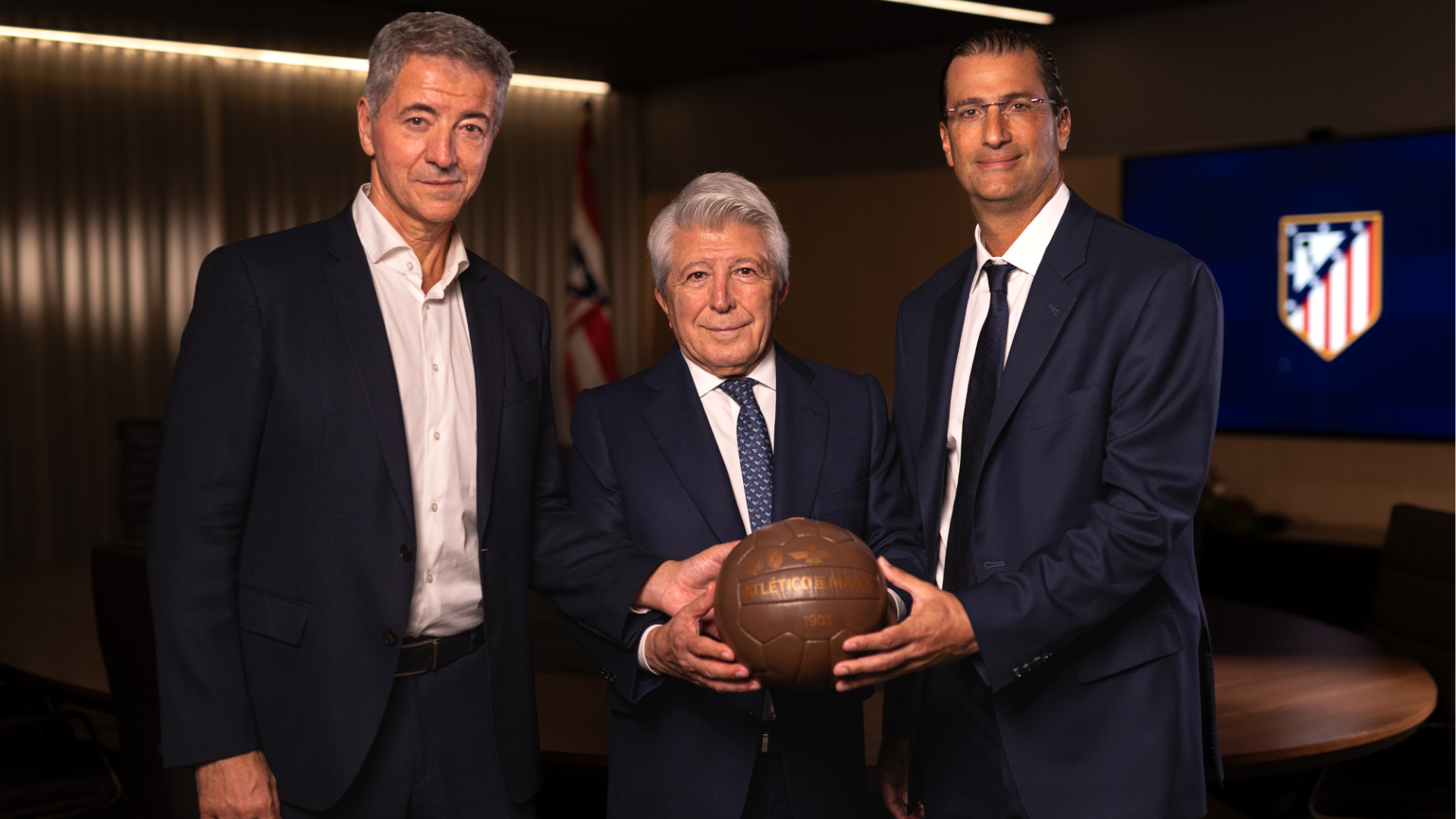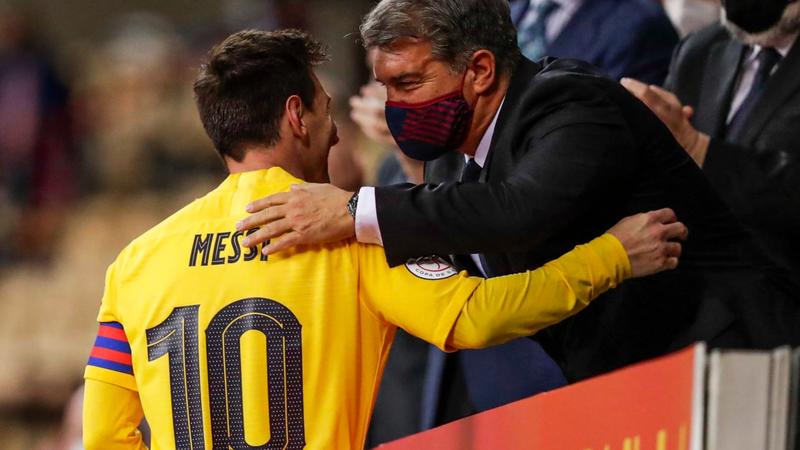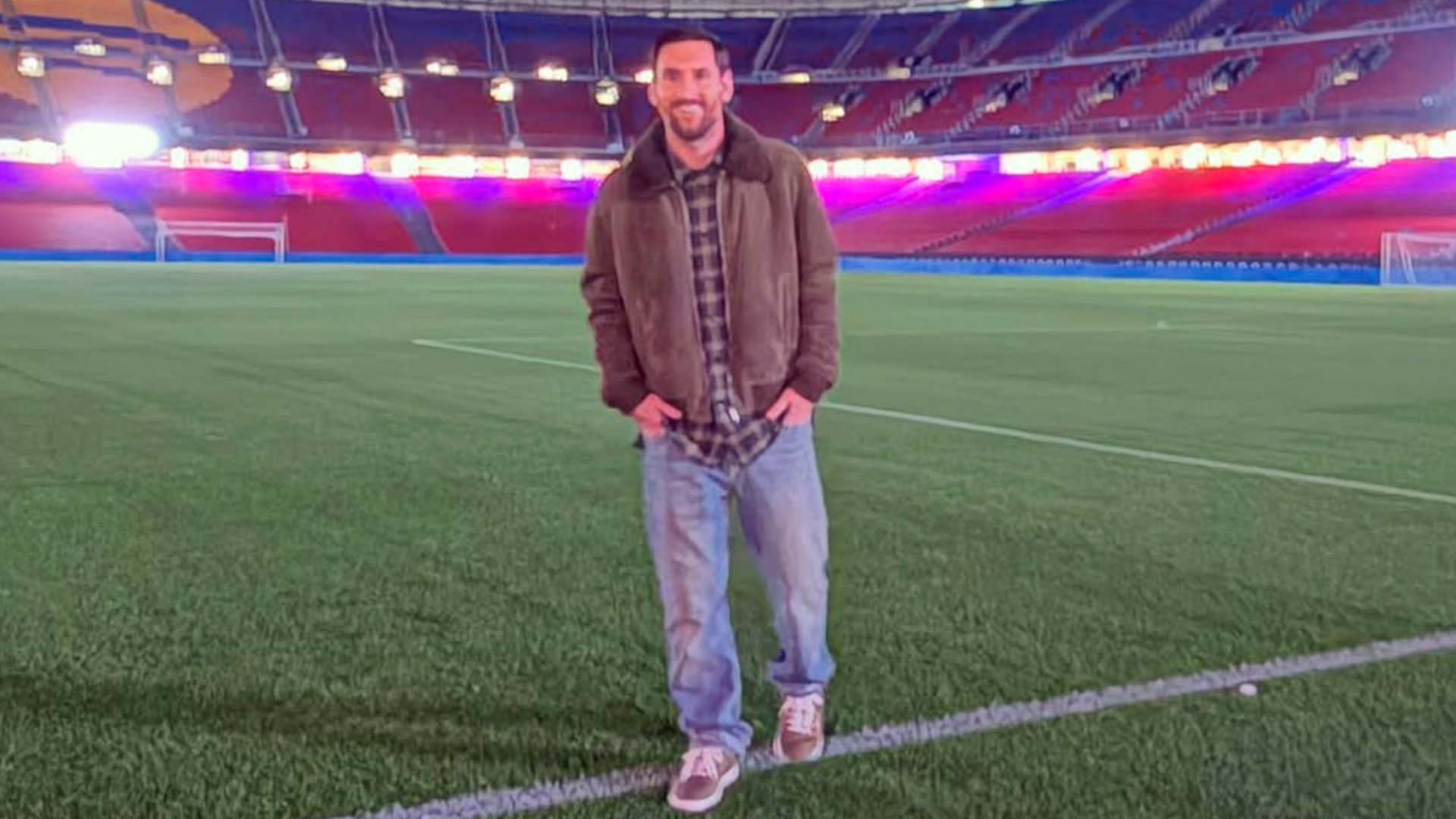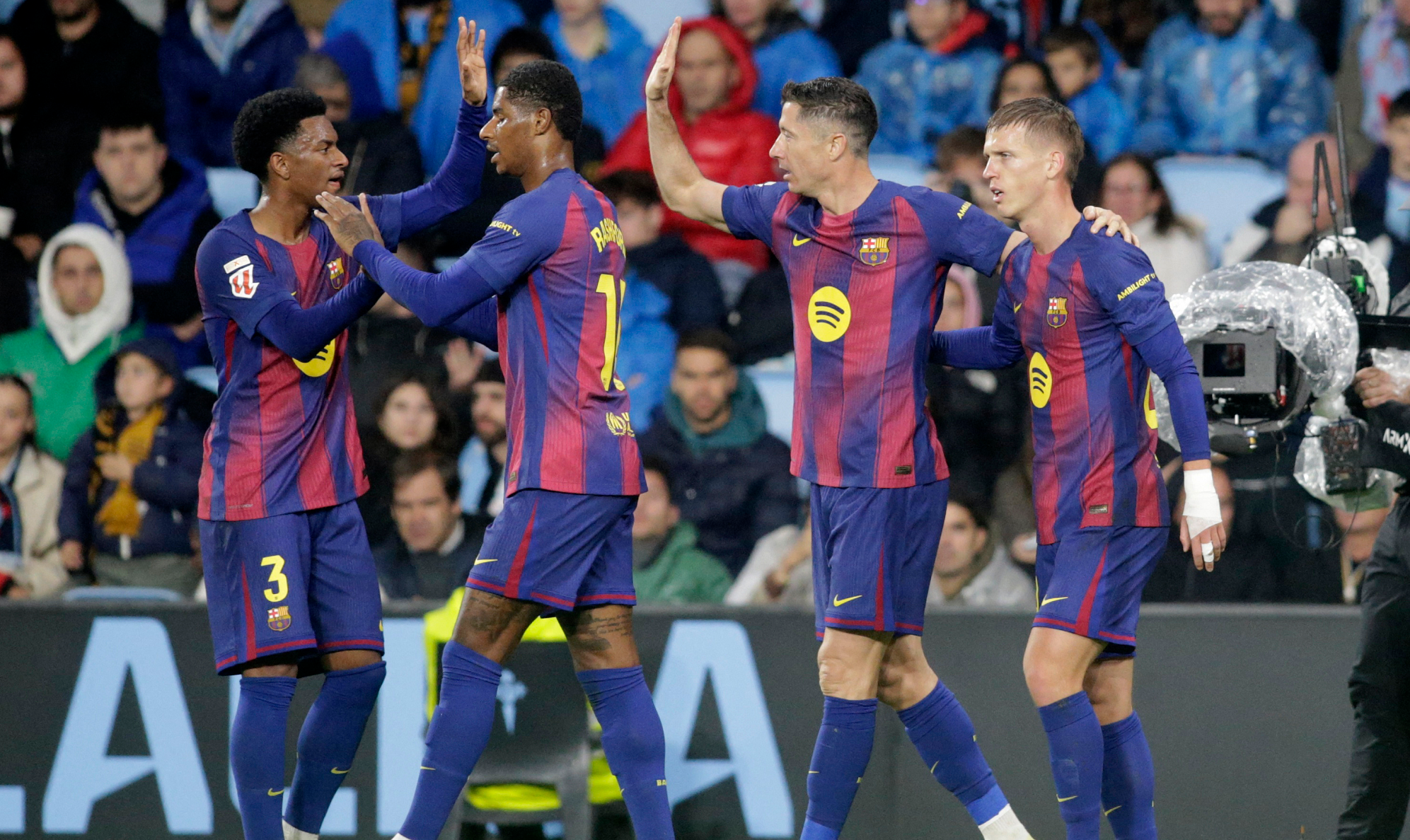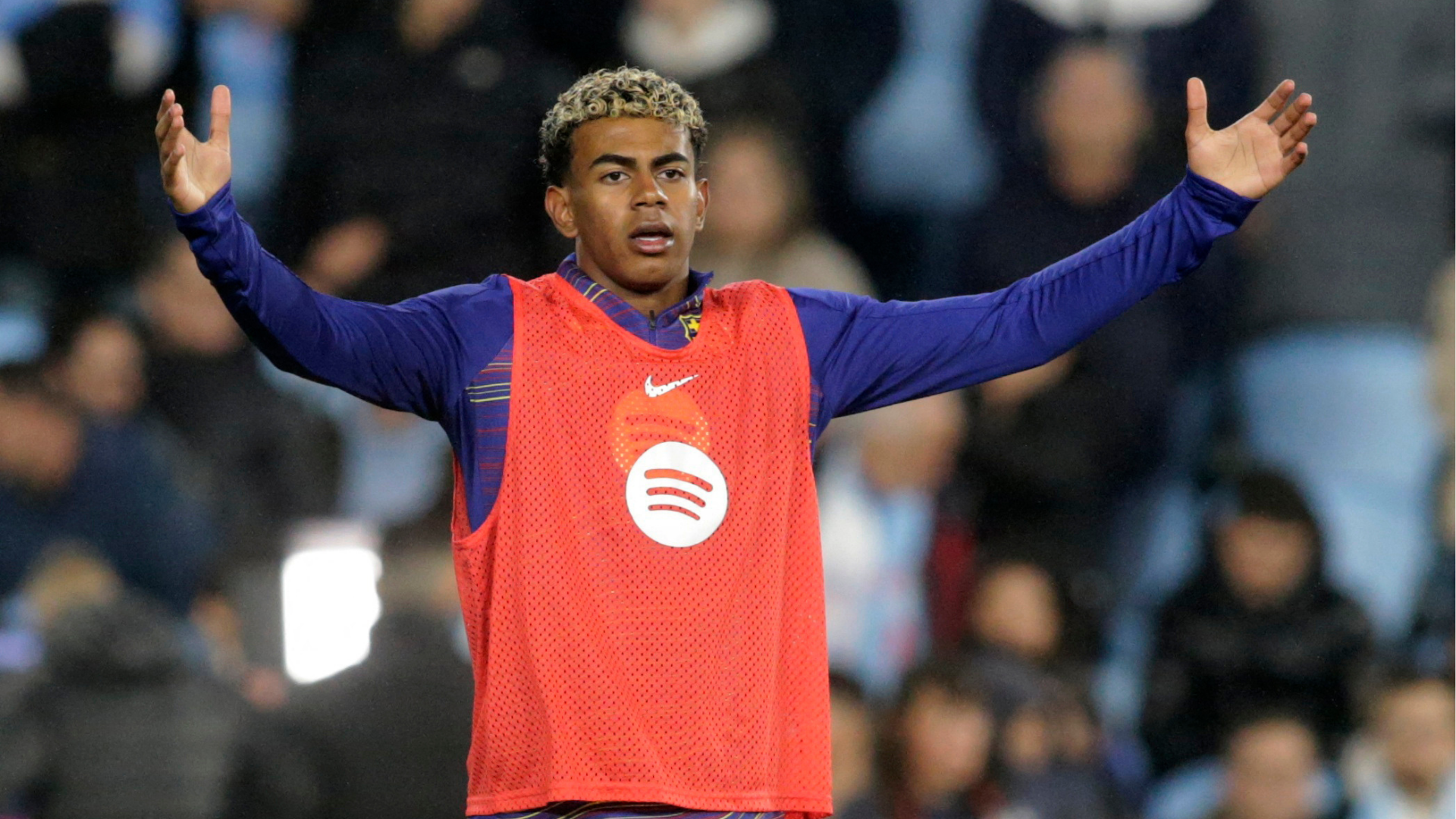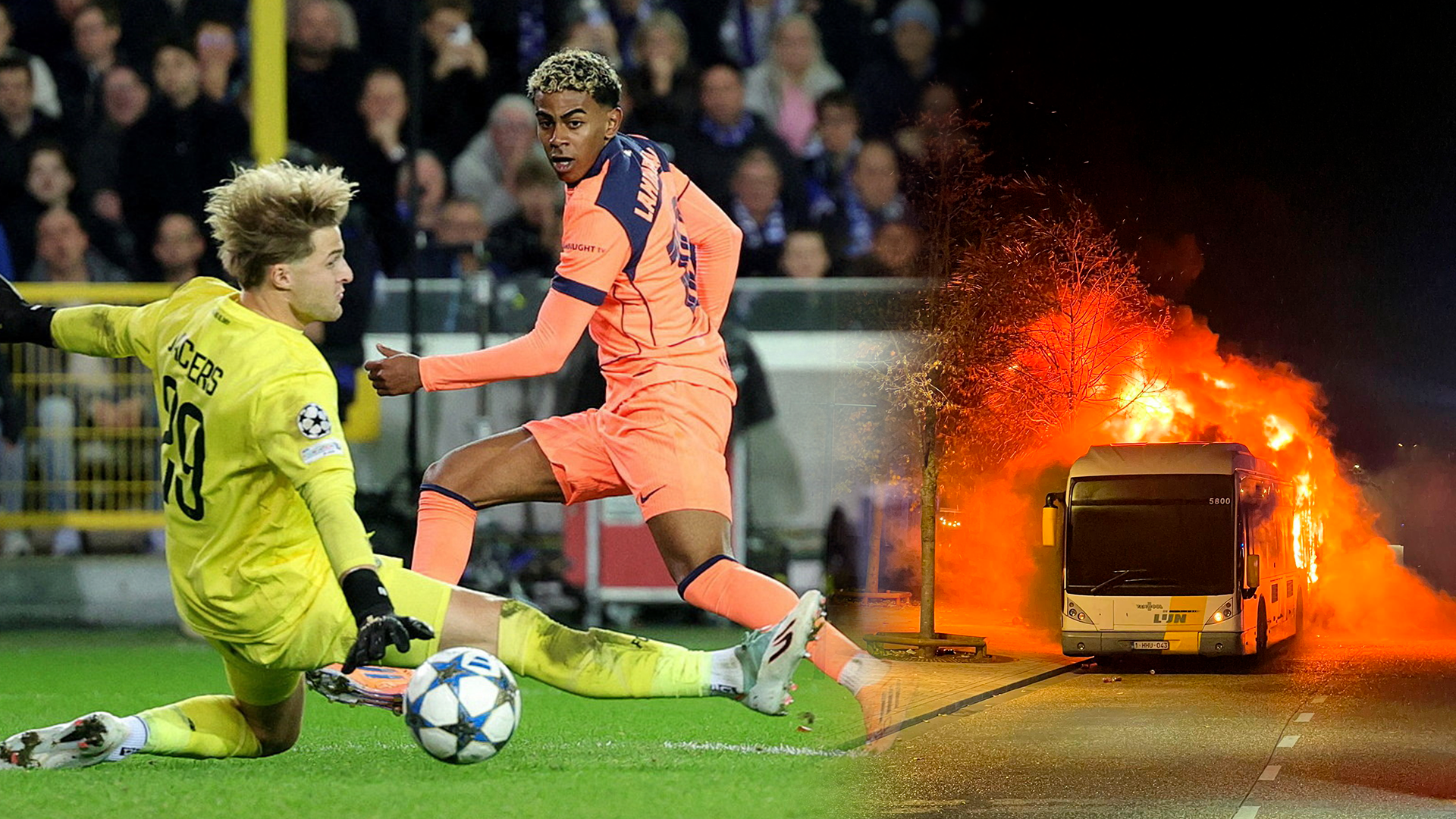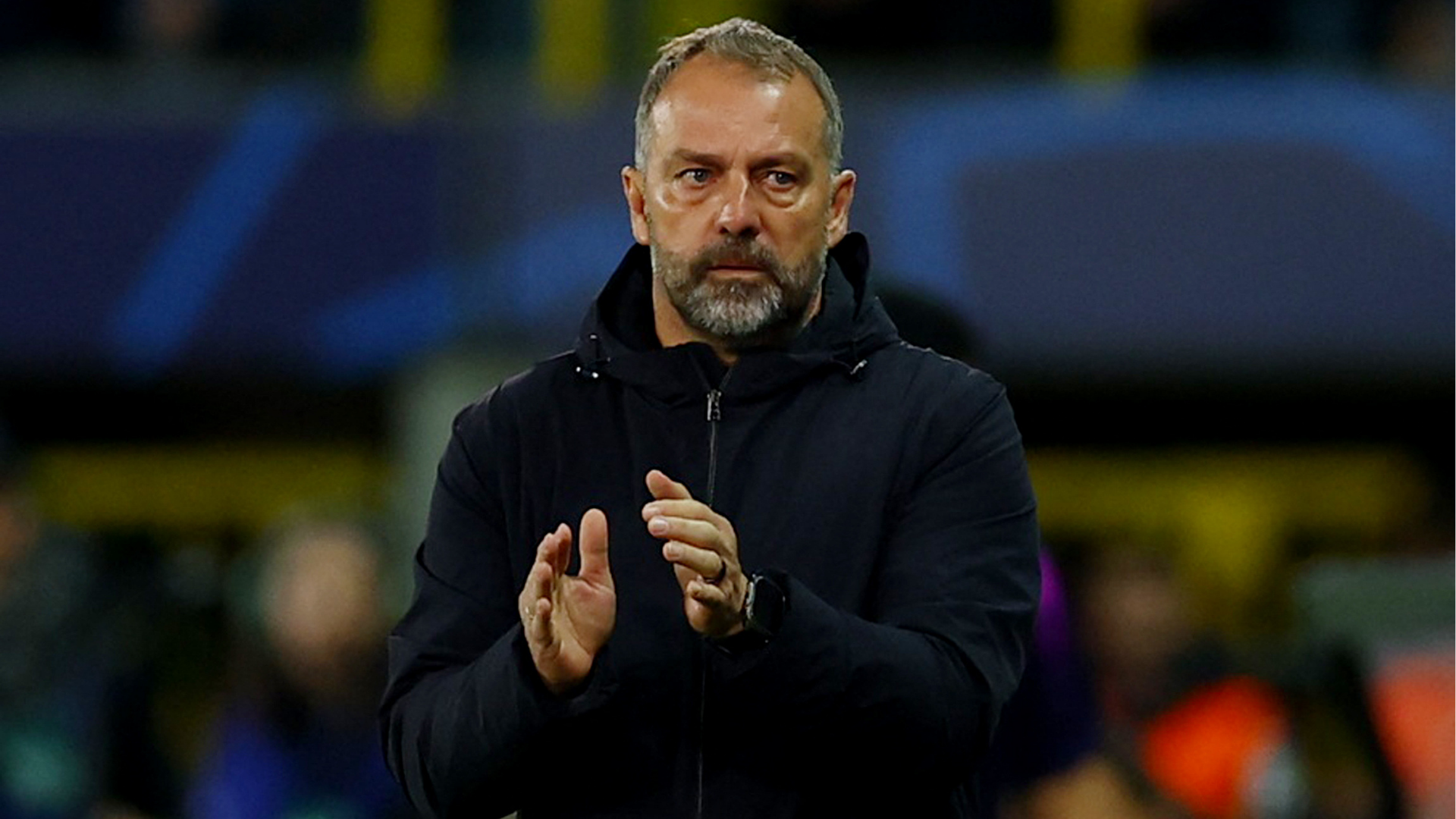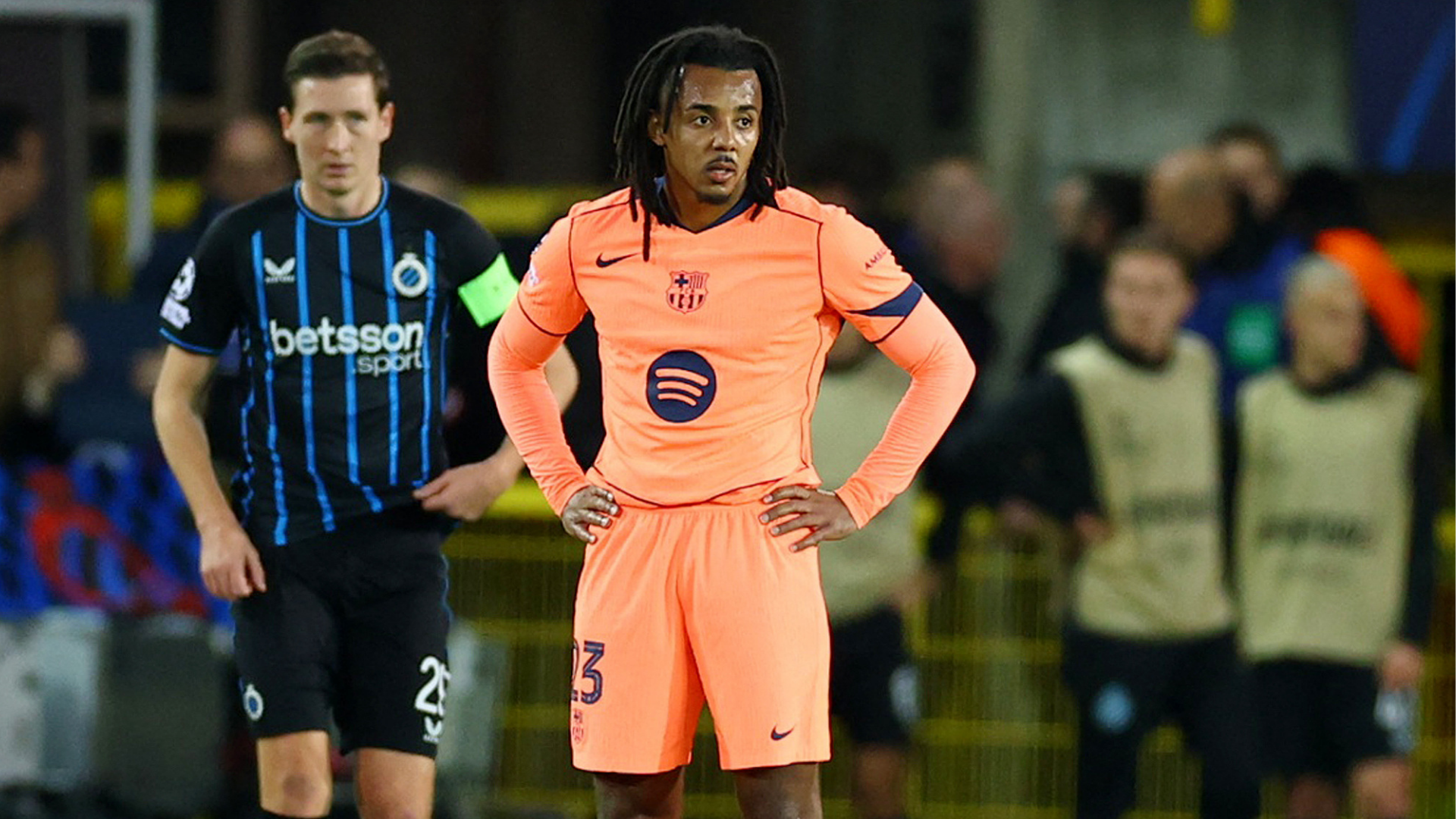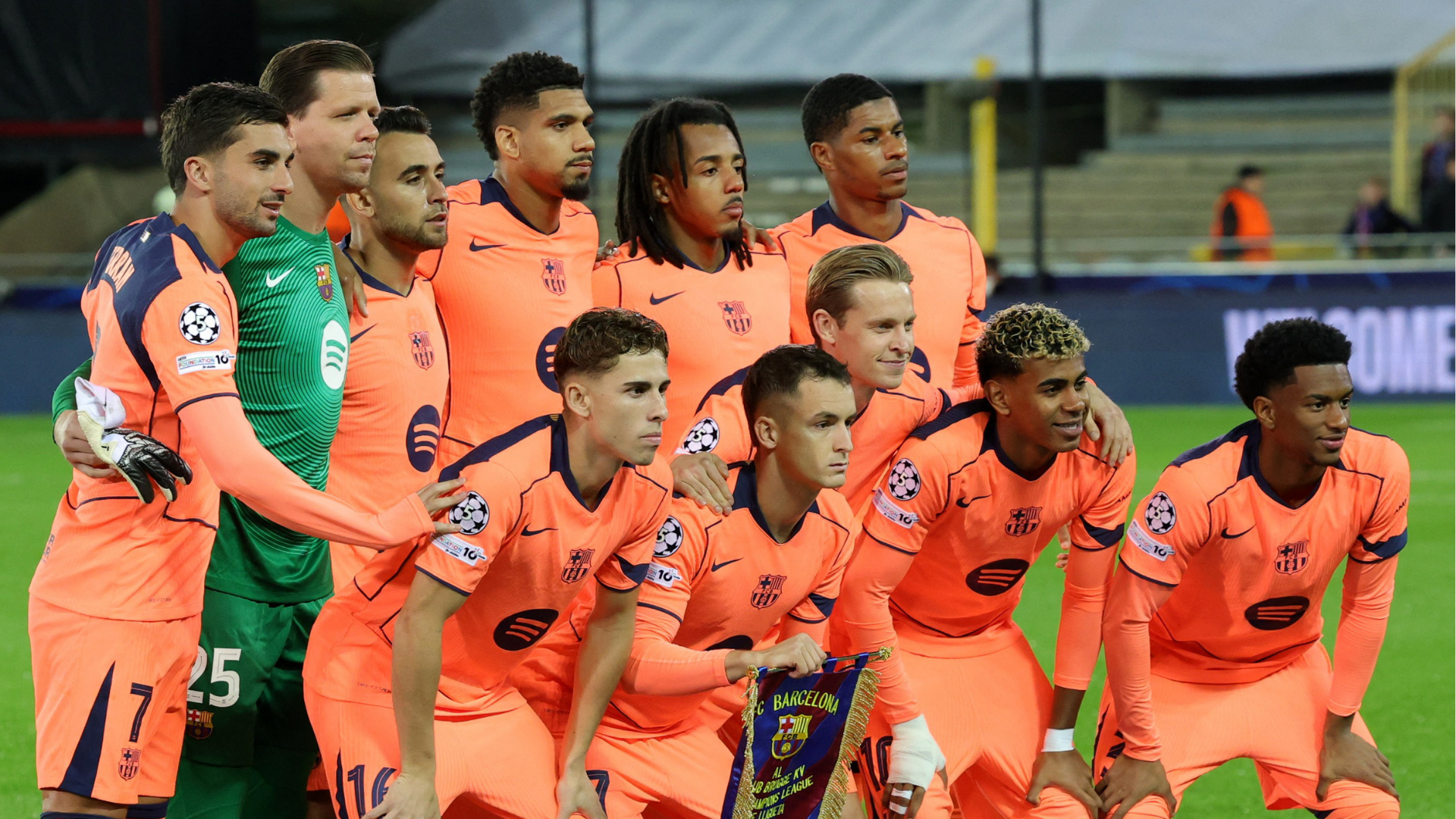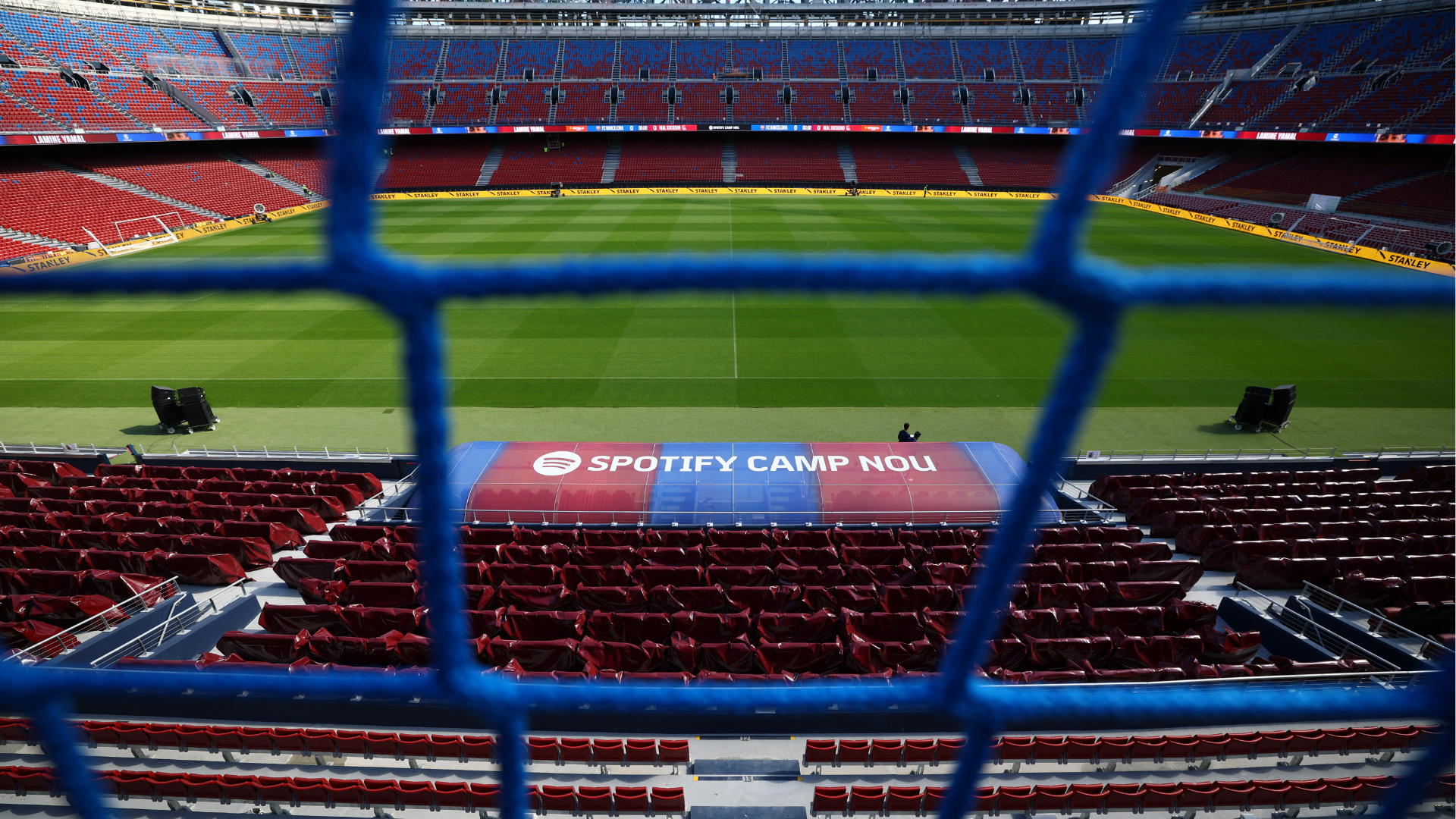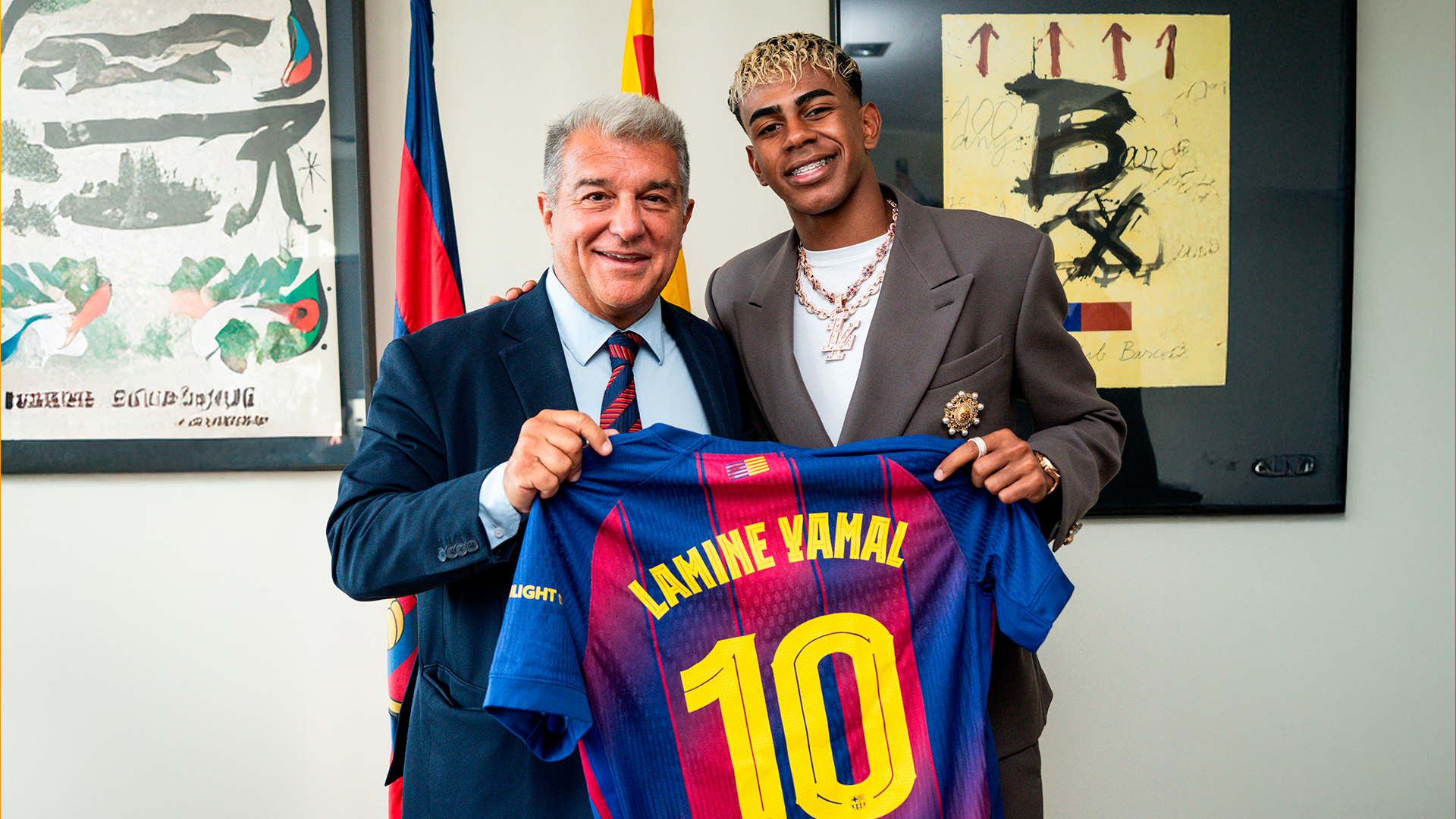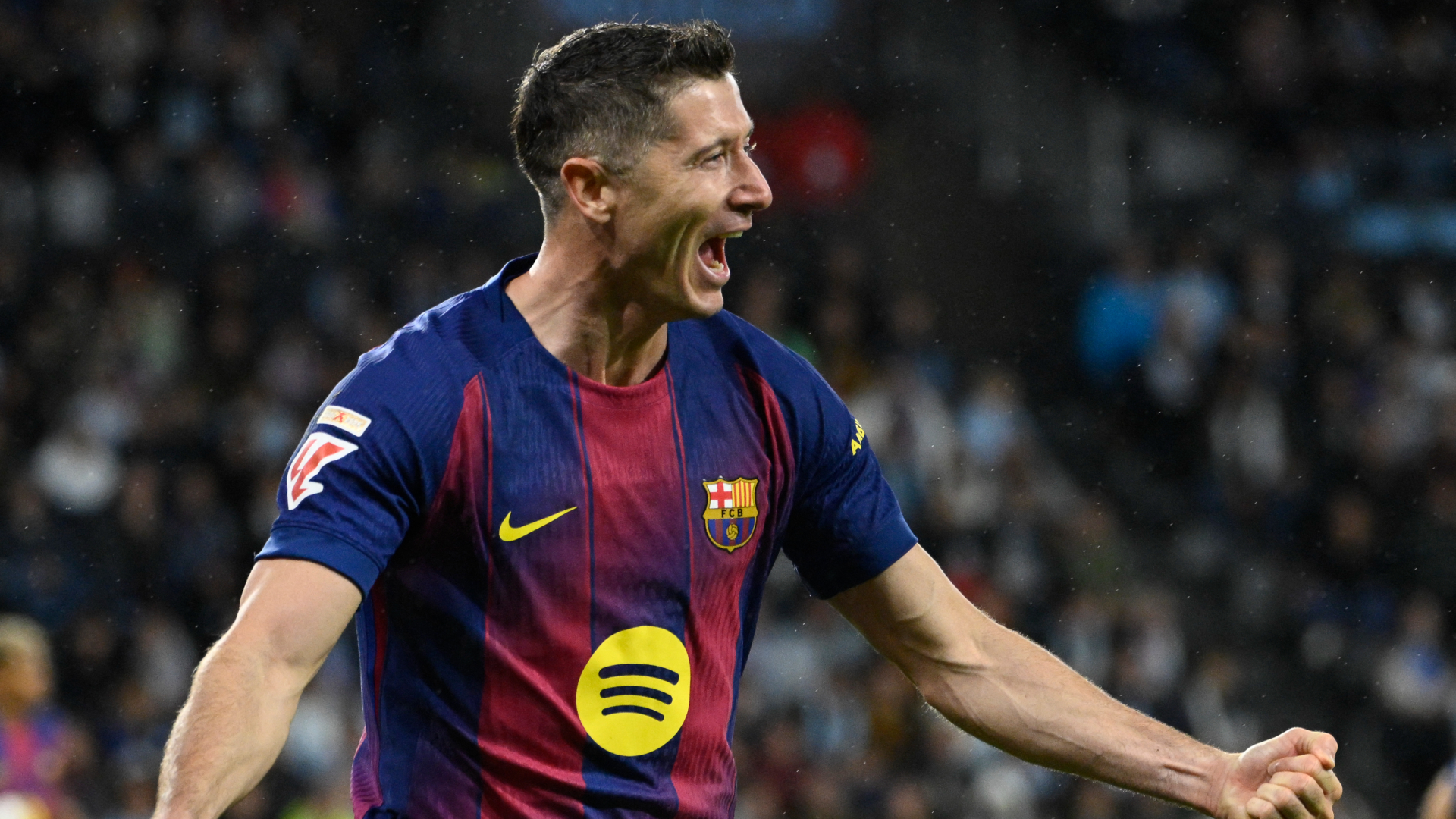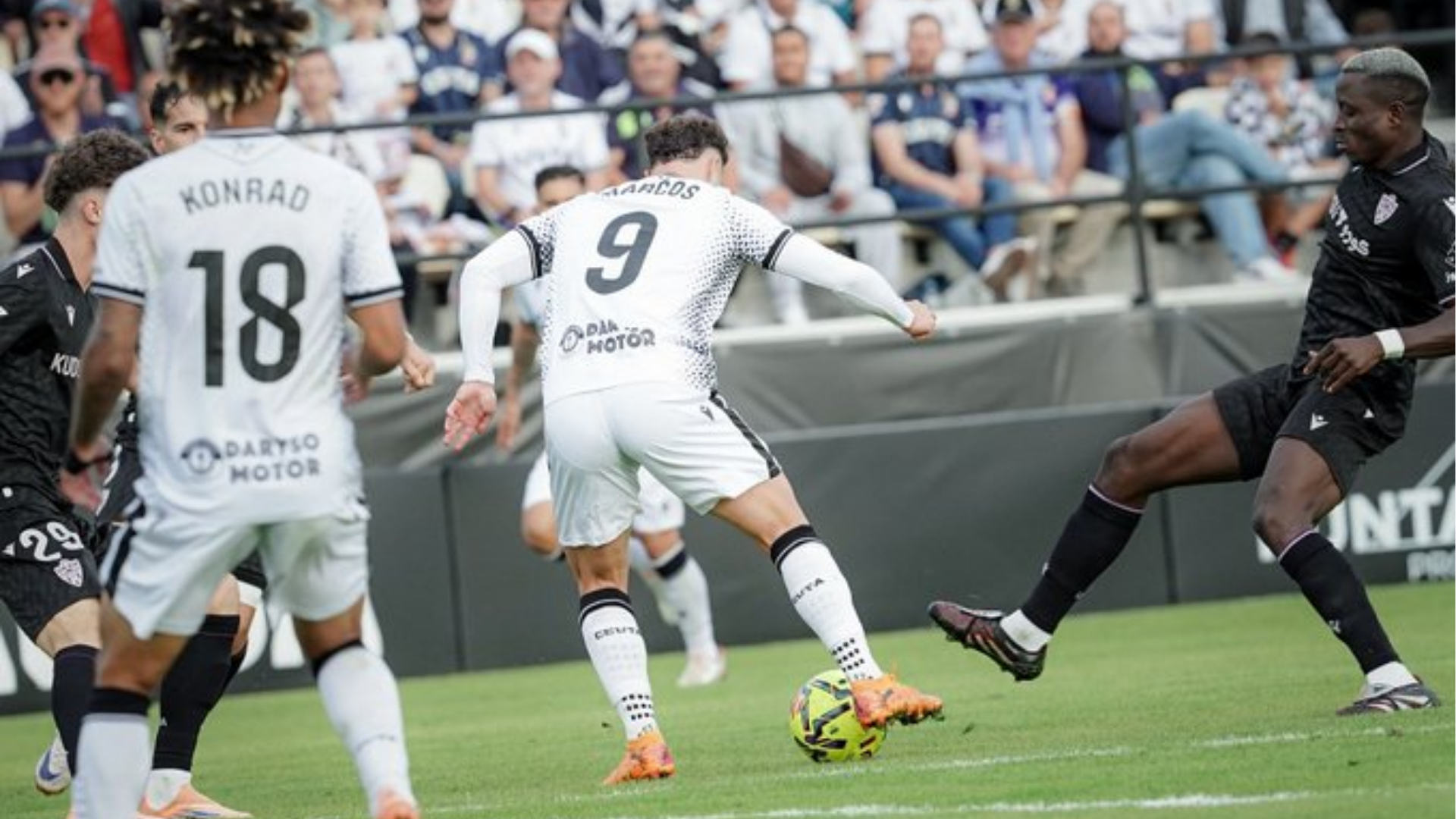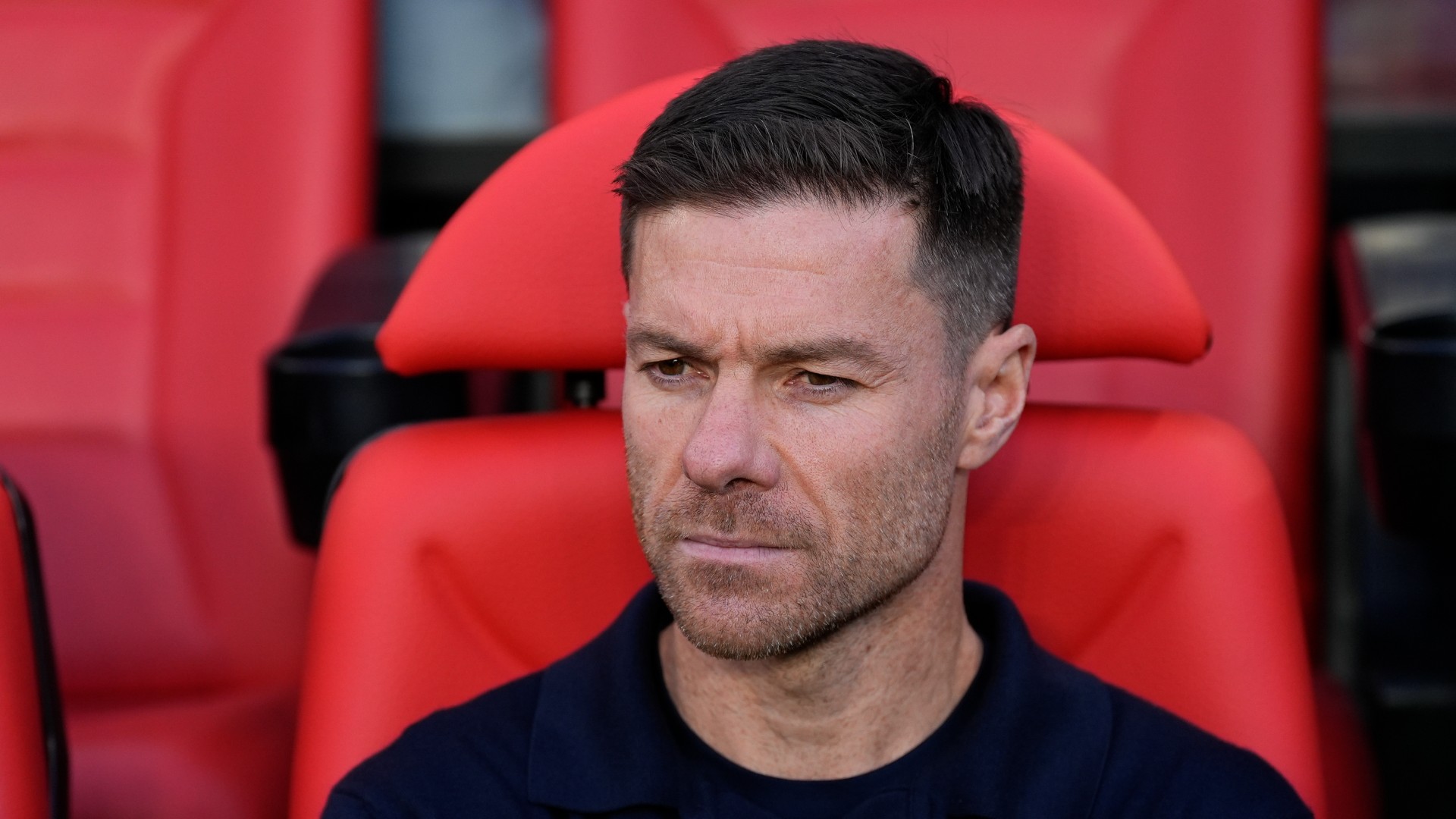Why Didn’t Messi Coordinate His Camp Nou Visit With Barcelona?
Sunday night brought an emotional earthquake to Barcelona. Lionel Messi, the eternal symbol of the club, returned to the Spotify Camp Nou — but did so without notifying the institution. His unexpected, nostalgia-charged appearance reopened questions about his current relationship with FC Barcelona and stirred an environment already tense ahead of presidential elections that could shape the club’s future.
According to those close to him, the idea came entirely from Messi himself. Before traveling to Alicante to join the Argentina national team, the Inter Miami star wanted to step once more into the stadium where he spent nearly two decades of his life. The gesture, purely personal, raised the central question of the day: how did he enter the stadium without coordinating with Barça?
Club sources say Messi simply arrived at the gates, asked for permission, and was let in “without any issue.”
No club cameras.
No institutional preparation.
No official narrative.
Just him, his family, an empty Camp Nou, and a reunion years overdue.
What Message Did Messi Send to Barcelona Fans?
Hours later, Messi posted photos and a video from the visit: outside the stadium, in the mixed zone, and on the new pitch itself. Alongside them, a message that hit straight at the heart of the Barça community:
“I returned to a place I miss with my soul. A place where I was immensely happy… I hope one day I can come back, and not only to say goodbye as a player, the way I never could.”
The post — now pinned to his highlights — triggered a wave of emotional reactions and made one thing clear: his bond with Barcelona remains intact, regardless of how his departure unfolded in 2021.
The club, which had not taken part in the visit, reacted later with a simple message:
“Welcome home, Leo,” accompanied by one of his own images.
Why Does This Matter Politically?
The visit wasn’t just sentimental; it resonated internally. With Barcelona set to hold presidential elections in 2026, any gesture from Messi — the most influential figure in the club’s history — has immediate political weight.
His recent online activity amplifies that impact: photos of his son wearing Barça colors, memories of his debut, subtle nods that rekindle his connection with fans just as potential candidates like Víctor Font and Xavi Vilajoana prepare their campaigns.
Messi no longer plays in Europe, but his shadow continues to shape the club’s emotional and political climate.
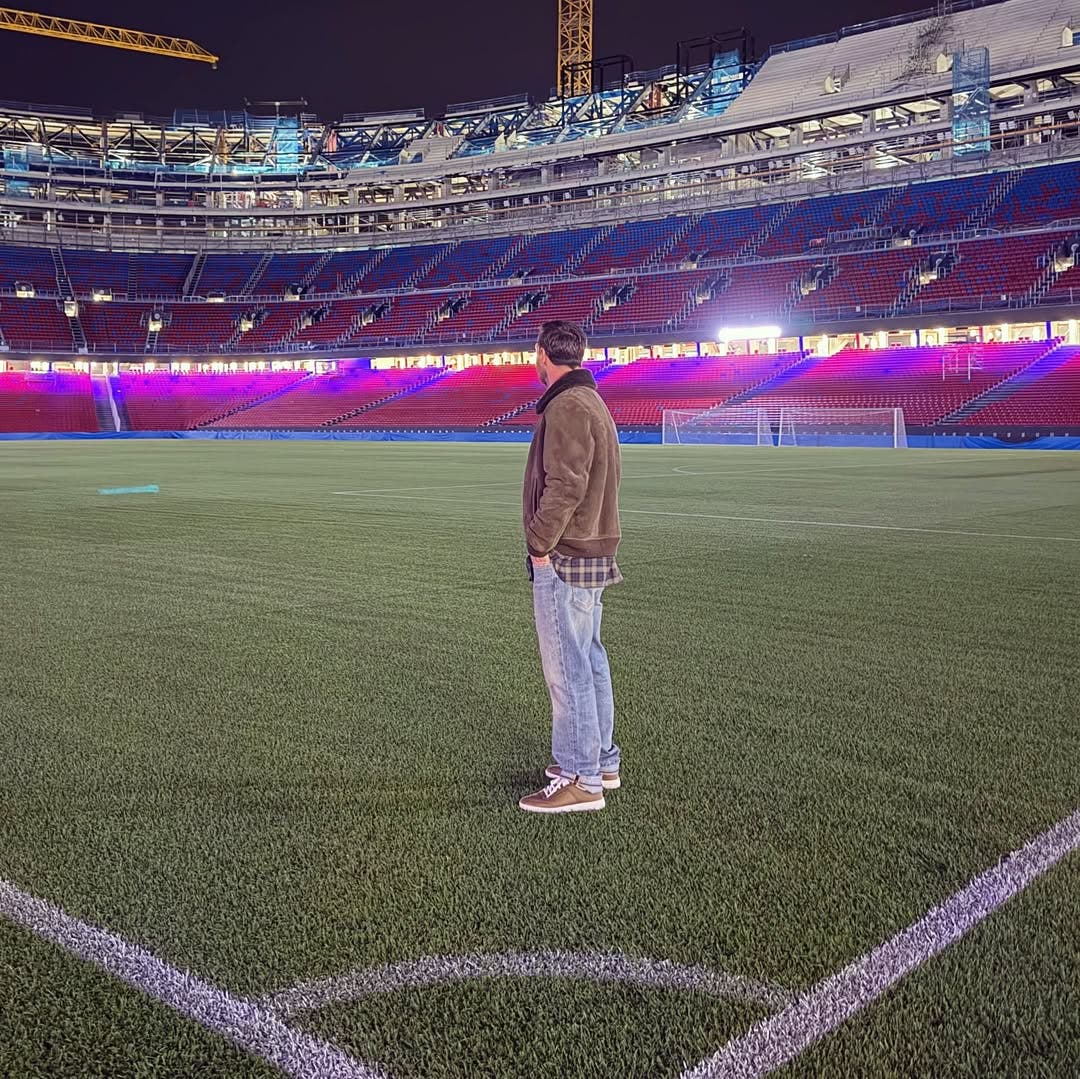
What About the Long-Awaited Tribute?
Just three days before Messi’s visit, club president Joan Laporta had once again opened the door to a future tribute once the renovated Camp Nou is completed in 2026:
“It would be a beautiful way to open the stadium. It depends on him, but I would love to do it.”
Messi’s unannounced return — without institutional involvement — reinforces the idea that any tribute will not be a political tool. It will happen only when Messi chooses, on his terms, not the club’s or a campaign’s.
For now, one thing is certain:
Camp Nou felt him again.
And it happened in the most Messi way possible — unexpected, intimate, and deeply emotional.










